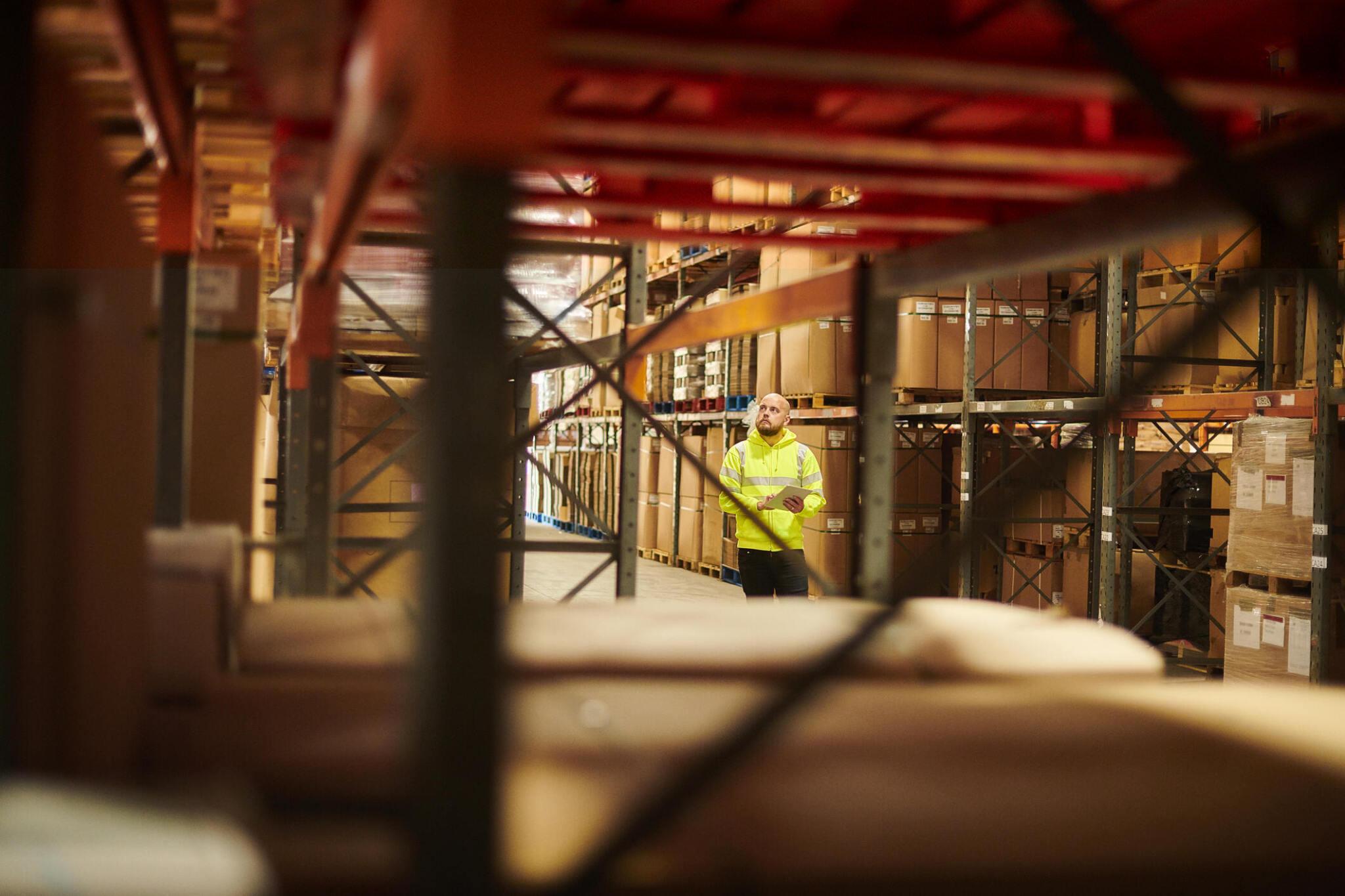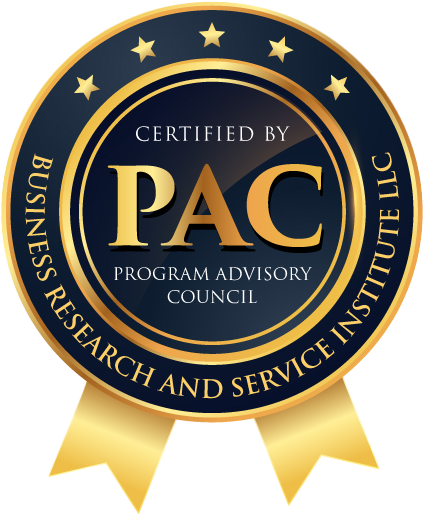Automate the warehouse and distribution center
Retailers and manufacturers should look into automated hardware solutions such as autonomous mobile robots (AMRs), picker robots, cobots, and automated conveyor systems. Future automation can even extend to automated delivery drivers that would allow for effortless transport across the “last mile” of delivery. Far from supplanting human positions, these autonomous solutions can be a supplement for employees, enabling them to be more efficient and accurate in their tasks, and allowing them to focus on higher-level responsibilities.
Invest in digital solutions
Updates to your digital resources, both hardware, and software, will provide greater visibility into all areas of your supply chain. Hardware such as remote sensors and IoT devices can physically tag items in transit to update you on their location, or let you know if they’re just sitting in a warehouse. Microsoft Dynamics 365 application software can provide enhanced forecasting and planning as well as order management solutions to keep things more organized. Advanced solutions, such as machine learning AI analytics, can provide predictive logistics updates about everything from potential global disruptions to which delivery route will have the least amount of traffic.
Optimize fulfillment
Insights about the efficiencies of your supply chain can help point you toward the best way in realizing fulfillment. Perhaps as a start-up business, you are utilizing Third-Party Logistics (3PL) but now are at a point where the data says it makes more sense to invest in your own distribution center (DC) or warehouse. Conversely, perhaps insights reveal that your DCs are costing more than they’re worth, and it could be worthwhile to explore how to restructure your resources or even consider partnering with a 3PL company. Intelligent order management solutions, like Hitachi Order Management Solution, can provide your customers with convenient features like self-service portals while streamlining order processing to keep everything agile and convenient.
Breakdown silos
Both information and products can be trapped within their own, separate silos. Digital technology can expand the scope of what falls within the supply chain for a “bigger picture” of available data and the status of products. Managing an extended supply chain network requires a rethinking of processes and the employment of AI technologies. Breaking down silos enables greater collaboration between internal teams and greater efficiency between industries, providing benefits for both manufacturers and retailers.
Inform your strategy
Knowledge is power, and the insight provided by intelligent supply chains can help businesses understand every point of their supply chain. This can enable a better understanding of specific pain points and overhead, from delays and regional regulations to freight and shipping costs. In turn, this can inform more accurate forecasts, help foster relationships with your partners, and – most importantly – maximize your profit margins.
To take advantage of the intelligent supply chain, businesses should strike a balance between implementing intelligent solutions and training supply chain professionals. As powerful as this technology is, optimal efficiency can only be achieved following company-wide buy-in and successful adoption by all teams – from top to bottom.
Related: Impact of Working From Home Within Supply Chains
You Should Also Read:
How to Move to Intelligent Supply Chain Management
The Road Ahead for Logistics 4.0 and Supply Chain 4.0
Logistics 4.0 and Smart Supply Chain Management

Danish Mairaj is a medical device expert with a strong focus on regulatory and quality compliance. He has been involved in managing clinical trial infrastructure including supplies and logistics. He has over 15 years of experience in the MedTech and Pharmaceutical industry. He is a certified Product Owner, Scrum Master, and Project Management Professional PMP. He studied Biomedical Engineering in Germany and MedTech Regulatory & Quality in Galway, Ireland. He contributes articles to the BRASI newsletter.
- Danish Mairaj#molongui-disabled-link








